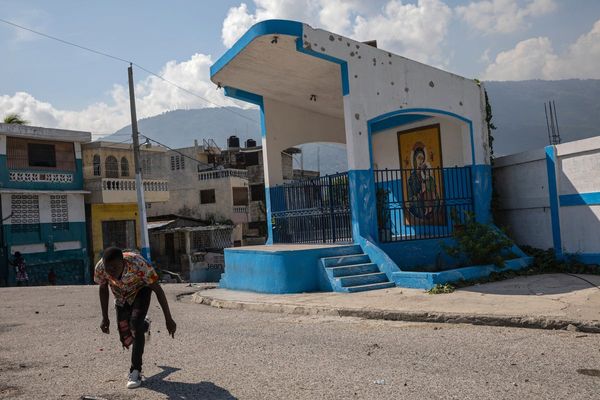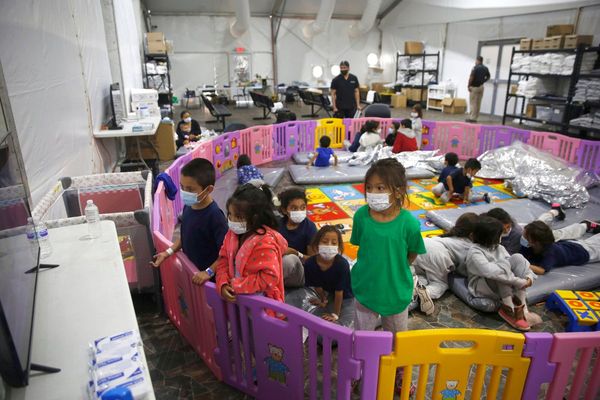
Simon Calder, also known as The Man Who Pays His Way, has been writing about travel for The Independent since 1994. In his weekly opinion column, he explores a key travel issue – and what it means for you.
Zurich 1993: that was the first time any hotel I had stayed in raised the subject of limiting damage to the planet. A small sign in the bathroom of my budget hotel invited me not to have the towels changed during my two-night stay: if I agreed (by keeping the towels on the towel rail), some energy, detergent and water would be saved.
Eliminating some of the wasteful conventions in hotels is, of course, beneficial to the property as well as the planet. By the time I checked into the NH Collection Berlin Mitte am Checkpoint Charlie in November 2021, the game had moved on and the hotel was prepared to split the benefit: if I agreed not to have the room serviced during another two-night stay, the hotel would treat me to a beer – in a most agreeable bar, in case you find yourself in that part of the former East Berlin.
A year on, I flew to Singapore and, yes, transporting my 80kg of body weight and 10kg of baggage 7,000 miles did the planet no favours. Flying in anything other than basic economy and bringing more stuff would have made it even worse.
On arrival, I made my way to the Hotel Boss. This is a good, no-frills hotel in Little India, whose nightly rate of £137 is one of the best in town; the slump in sterling has increased prices for British travellers everywhere, including the excellent-value city state.
The all-you-can-eat buffet breakfast remains a bargain at the equivalent of £8. But for anyone whose eyes are bigger than their stomach, it could end up costing significantly more than that – due to a policy that is most welcome and long overdue.
Signs urge “Please do not waste food!” When a flat fee provides unlimited access to the buffet, it is all too tempting to pile a plate high with anything from fresh fruit to fried noodles. But the signs add some friendly persuasion.
”Additional charge of $5 per 100g of wastage of food.” To convert: a boiled egg left on your plate could cost you £2.
There is no obvious sign of inspectors bearing scales circling the tables, and I couldn’t track down the Hotel Boss hotel boss to ask how rigidly the rule is enforced. But merely planting the idea among those enjoying their morning meals is, I imagine, cutting waste.
Another, much grander hotel in Singapore champions its sustainability credentials with the bottled water it provides. Guests at Raffles are served water in containers made from paper and plant-based plastic.
“You just did a good thing,” reads the packaging. “One carton may not save the world, but it’s a start.” The self-congratulation continues: “Reduced carbon emissions impact.”
Commendable? You might imagine so until you read that the contents comprise “100 per cent Australian spring water”.
Yes, while Singapore has an abundance of fresh, clean water available at the twist of a tap, one of its most celebrated hotels ships H2O in from Cottonwood Springs near Ballarat in southeastern Australia: 3,700 miles as the crow flies and much longer as the truck driver and the container ship steams.
We need to be serious about limiting the damage caused by tourism. Penalising food waste is good. Shipping in water from Australia is not.







